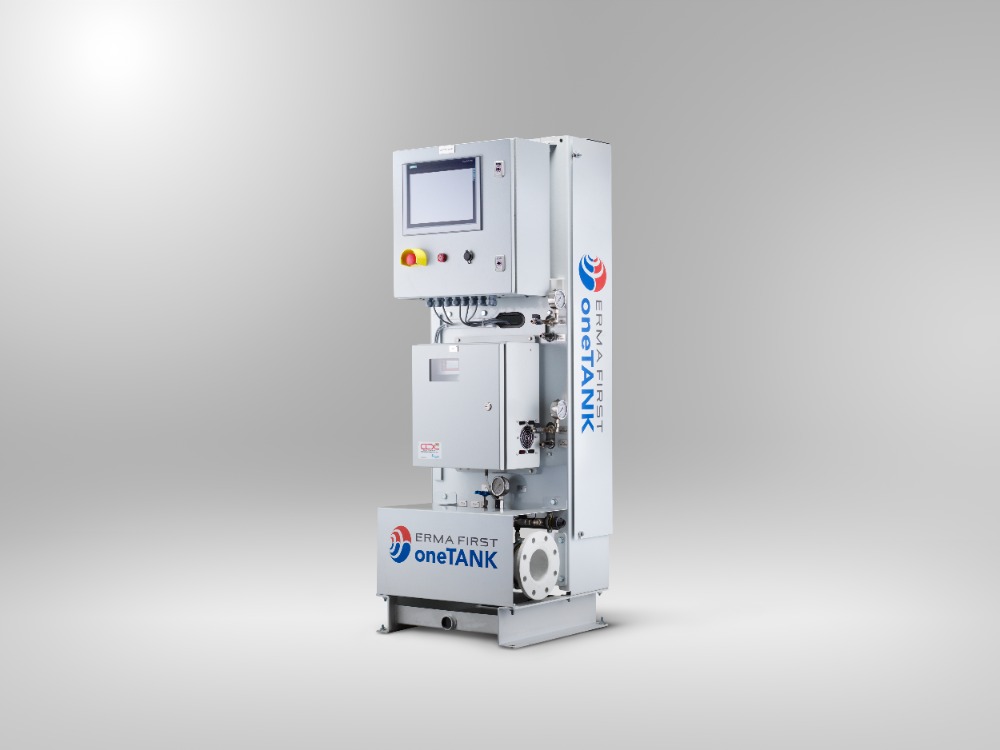Supporting the transition to sustainable yachting practices
Dimitris Avdelopoulos, Director of EPE Yachting, discusses how the IMO’s Ballast Water Management (BWM) Convention and effective ballast water management…
One of the main attractions of yachting is the promise of crystal-clear waters and beautiful destinations. Technology that protects the marine environment is increasingly required to ensure this promise is met, says Dimitris Avdelopoulos, Director of EPE Yachting.
Sustainability and preserving marine environments are increasing priorities for superyacht guests, but it is yacht owners and managers who must ensure that no pollutants are discharged into the ocean.
Having been identified by the International Maritime Organization as one of four main threats to the marine environment, ballast water regulations are considered key to conserving marine ecosystems. Applying to vessels of 400 GT and above, IMO’s Ballast Water Management (BWM) Convention makes effective ballast water management a fundamental consideration in the transition towards sustainability for larger yachts.
EPE Yachting, a division of the leading marine environmental protection organisation, Environmental Protection Engineering (EPE), is on a mission to protect the world’s oceans and support owners with their transition to sustainable yachting. EPE Yachting offers a complete range of sustainable solutions that are ideally suited for use on superyachts, including the world’s smallest, simplest and lowest-cost ballast water treatment solution, oneTANK.
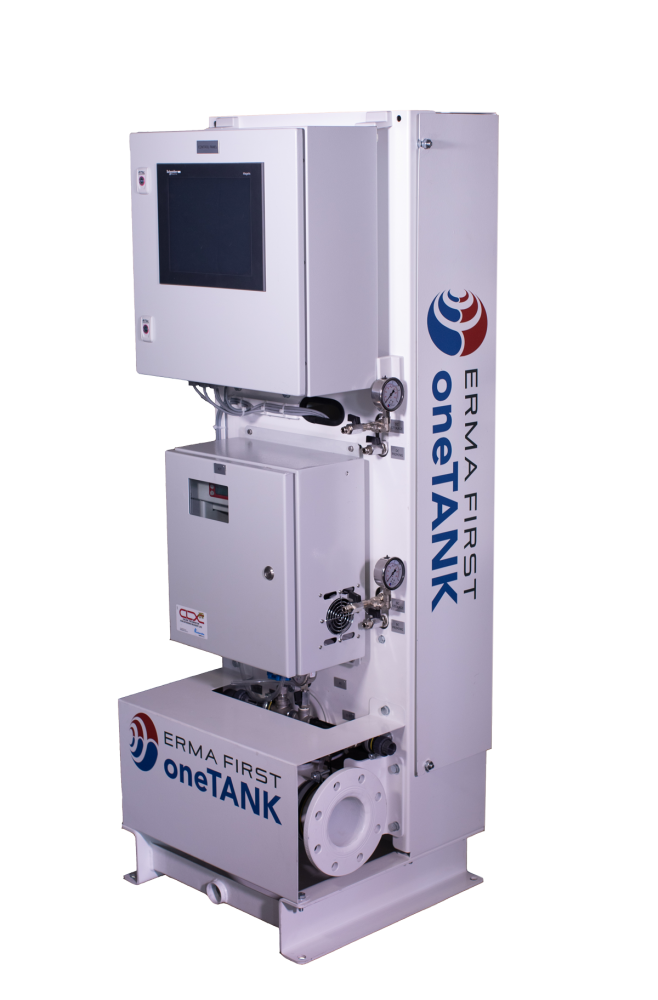
The oneTANK system is a game-changer for smaller vessels. The USCG, IMO Revised BWM Code and DNV Type Approved system is already helping many yacht owners comply with the stringent ballast water regulations. With a footprint of only 600mm x 600mm - half the size of its nearest competitor – oneTANK is considered ideal for superyachts, especially where space is limited. Furthermore, its power consumption is similar to that of a household washing machine making it very economical to run.
However, what sets oneTANK apart from other systems is its simplicity: it uses chemical in-tank treatment and nozzle mixing. There is no need for filters, backflush pumps, UV lamps, clean-in-place units, hydrogen gas safety or venting. Furthermore, there are no transformers, rectifiers, flow meters, and no control valves.
The system uses an 8.25% or 12.5% sodium hypochlorite (bleach) and 30% sodium thiosulfate solution which can be purchased from suppliers worldwide. Application is practical for yachts as a 20-litre container of 12.5% bleach will treat approximately 288 cubic meters of ballast water.
Seawater is automatically treated by applying and mixing the bulk chemicals in-tank, allowing crew to discharge ballast according to the yacht's schedule.
Environmental Protection a Priority
There are two environmental concerns associated with the use of any chemicals when treating ballast water: active substances and disinfection by-products. oneTANK has been tested to demonstrate the removal of viable aquatic invasive species while also ensuring that residual chemical levels are environmentally acceptable.
oneTANK treats water by raising the total residual oxidant (TRO) level in the ballast water tank to an average of 5 mg/L for at least 24 hours. This ensures effective treatment of the ballast water and associated piping. The same in-tank treatment process neutralises the active substance to less than 0.1 mg/L before the ballast water can be discharged. This ensures that the receiving harbour does not receive any significant active substance. For perspective, the World Health Organization recommends at least 0.5 mg/L at drinking water taps.
Moreover, oneTANK encapsulates the concept of a circular economy as it uses no exotic materials, no filtration, and no transformers or rectifiers. It uses very little steel - weighing only 216 kg – and its low power needs mean fewer integration points and reduced cabling. At the end of its life, the system can be completely recycled. With regulations tightening and guests expecting sustainability measures to be proactive, a 360-degree approach to environmental protection is becoming essential.
Profile links
Environmental Protection Engineering
NEW: Sign up for SuperyachtNewsweek!
Get the latest weekly news, in-depth reports, intelligence, and strategic insights, delivered directly from The Superyacht Group's editors and market analysts.
Stay at the forefront of the superyacht industry with SuperyachtNewsweek
Click here to become part of The Superyacht Group community, and join us in our mission to make this industry accessible to all, and prosperous for the long-term. We are offering access to the superyacht industry’s most comprehensive and longstanding archive of business-critical information, as well as a comprehensive, real-time superyacht fleet database, for just £10 per month, because we are One Industry with One Mission. Sign up here.
Related news
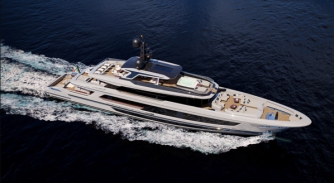
Baglietto signs agreement with BIO-UV Group
The Italian Shipyard will use BIO-UV Group's ballast water treatment systems for its next series of new builds
Business
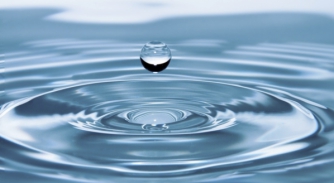
CSE and WRF present sustainability framework
The Center for Sustainability and Excellence (CSE) in collaboration with the Water Revolution Foundation (WRF) create Sustainability Reporting Guidelines
Crew
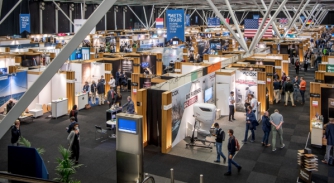
Superyacht Sustainability Route - METSTRADE 2022
In partnership with Water Revolution Foundation, the initiative at METSTRADE will help exhibitors to verify the sustainability credentials of exhibitors
Business
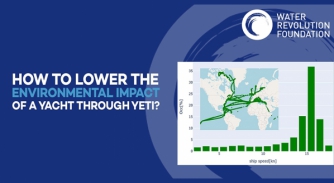
Operating with YETI
Crew will play a fundamental role in the sustainable future of yachting, Water Revolution Foundation welcomes the engagement
Crew
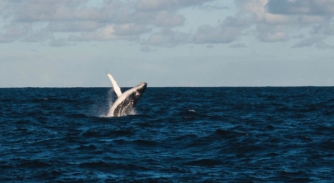
Gulf Craft announces commitment to IMMA conservation programme
Water Revolution Foundation and the Important Marine Mammal Areas Programme (IMMA) gain further shipyard support
Business
Related news
Baglietto signs agreement with BIO-UV Group
3 years ago
CSE and WRF present sustainability framework
3 years ago
Superyacht Sustainability Route - METSTRADE 2022
3 years ago
Operating with YETI
3 years ago
NEW: Sign up for
SuperyachtNewsweek!
Get the latest weekly news, in-depth reports, intelligence, and strategic insights, delivered directly from The Superyacht Group's editors and market analysts.
Stay at the forefront of the superyacht industry with SuperyachtNewsweek


